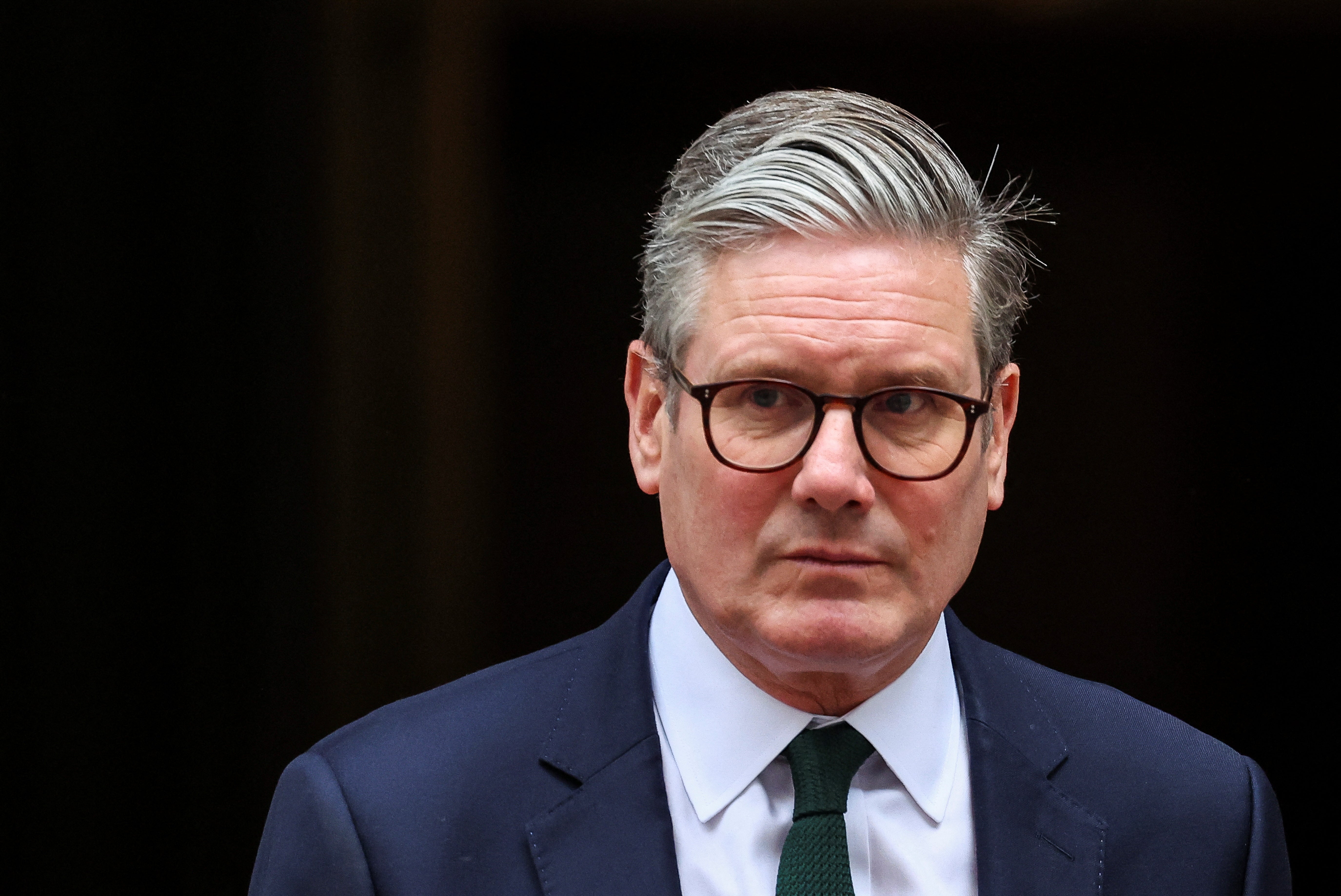The big question for Starmer after the riots is: What’s next?
The prime minister must not shy away from tackling the root causes of the unrest that swept across Britain last week, writes Andrew Grice


Why is the Starmer government so reluctant to talk about the root causes of the riots? Although Keir Starmer was quick to blame the violent disorder on “far-right thuggery”, I’m told Downing Street’s enquiries suggest that “there is more to this than right-wing extremists”.
The reasons may be more complex than they look, and may vary in different areas. For example, the impact of the grooming gangs scandal in Rotherham on racial attitudes is believed to have been a factor in the terrifying attempt to burn down a hotel housing asylum seekers in the town.
In public, the government appears to take a one-eyed approach, treating the violent disorder solely as a law and order issue. That was the right approach initially: tough policing and swift justice undoubtedly helped to bring the riots to an end.
Anecdotally, Conservative friends who had doubts about Starmer tell me they are impressed with his handling of his first crisis. Some Starmer allies wonder aloud whether the boost to his and Labour’s credentials on law and order will help them achieve their goal at the next election: to show that last month’s 34 per cent share of the vote was a floor, not a ceiling. Tories beware: Labour is coming to get more of your natural supporters.
However, even some Starmer loyalists are now urging him to answer the “What’s next?” question (copyright the fictional US president Jed Bartlet in TV’s The West Wing). If Starmer does not shape the inevitable debate in the aftermath of the riots, he will leave a vacuum, and others will do so. It’s already happening. Tom Tugendhat, the Tory leadership candidate, is right to call for a “national conversation” about the underlying causes and the breakdown of Britain’s social fabric.
The government line, set out by Yvette Cooper, the home secretary, is that those who suggest that the violence is about protest and grievance “are making excuses for criminals and thugs”. But that is not enough, and it can’t hold. The number of arrests might have topped 1,000, but the government cannot arrest its way out of the underlying problems.
As Sunder Katwala, director of the British Future think tank, which supports integration, put it: Starmer “needs to be tough on violence and disorder” but “tough on the causes of prejudice and disorder as well”. Katwala suspects that the riots were not caused by the words of Suella Braverman or Nigel Farage; rather that a decline in the view that “you have to be white to be British” – down from 10 to 12 per cent of the population 10 to 12 years ago to three per cent now – means it is expressed more intensely and violently.
We don’t need another formal inquiry, because Louise Casey, the Whitehall troubleshooter, chaired one in 2016. She found segregation at “worrying levels” in some areas and urged politicians not to shy away from “difficult and uncomfortable problems”. (They have shied away from them since.)
Casey warned: “A failure to talk about all this only leaves the ground open for the far right on one side and Islamist extremists on the other. These groups are ideologically opposed to each other, but actually share the same goal: to show that diversity and modern Britain, or Islam and modern Britain, are somehow incompatible. But of course, they are wrong.”
We do need a debate. Perhaps the government does not want to highlight problems such as poverty and deprivation in left-behind towns in the North and Midlands, which would only add to the intense pressure on ministers to spend money they do not have. Perhaps Labour politicians want to quit while they are ahead, because Starmer has buried the Tories’ always ludicrous “Sir Softy” label for ever and is in tune with the public’s demand for a tough stance on law and order.
The problem: Starmer’s liberal, pro-immigration instincts are less in tune with public opinion, but he will need to make the case for legal migration because it helps the economy and keeps vital public services like health and social care going.
Perhaps ministers do not want a debate on immigration, and hope that a likely halving of net migration in the next year – due in part to the absence of one-off increases such as the Ukrainian resettlement scheme, and in part to the Sunak government’s measures to drive down the headline figure – will make the issue go away. It won’t, because illegal migration and the highly visible small boats will keep it in the public’s mind.
For Starmer to admit that we need to talk about immigration and integration would not be a concession to the far right. Such a debate, led by the prime minister himself, can reflect and entrench the overwhelming view of real Britain. It found its voice after last week’s counterdemonstrations against the far right, and allows no space for riots, racism, or threats to any minority.
But whether we like it or not, there is another Britain; an estimated 4 million people thought the disorder was justified. That cannot be ignored; it must be addressed.






Join our commenting forum
Join thought-provoking conversations, follow other Independent readers and see their replies
Comments